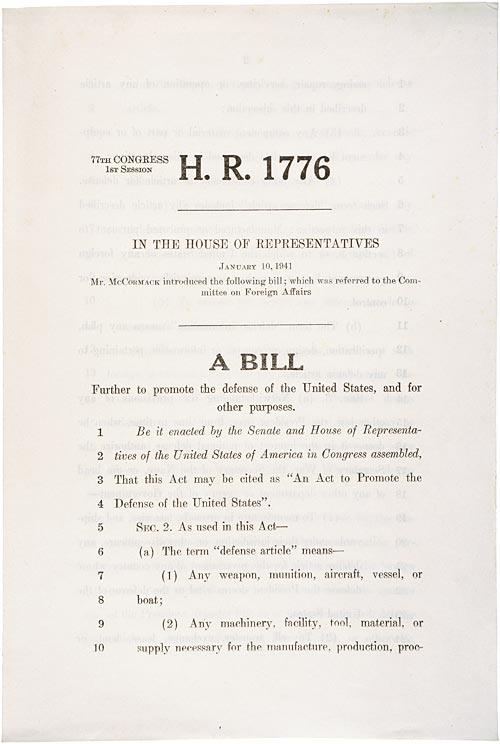Examining the Controversy Surrounding the New Ground Lease Legislation
How the Ground Lease Bill Could Disrupt Property Rights and Investor Trust
The recently proposed ground lease legislation introduces significant modifications to existing lease agreements, sparking concern among property owners and investors alike. By enforcing tighter controls on lease durations and amplifying regulatory scrutiny, the bill may restrict owners’ freedom to negotiate terms, potentially diminishing incentives for investment. Such constraints threaten the autonomy of property holders and could reduce the liquidity and appeal of real estate assets—key components for sustaining a vibrant market.
Importantly, this legislation might unintentionally hamper affordable housing initiatives. Many affordable housing developments depend on flexible financing models, including ground leases, to keep costs manageable over time. The new rules could limit developers’ adaptability, resulting in fewer affordable projects and increased expenses passed on to tenants. Primary concerns include:
- Declining investor confidence: Curtailing lease terms may discourage institutional capital.
- Challenges to affordability: Restrictive clauses could slow low-income housing development.
- Heightened market ambiguity: Vague legislative language raises risks for stakeholders.
| Legislative Element | Possible Consequence |
|---|---|
| Caps on Lease Length | Limits strategic financial planning |
| Expanded Regulatory Oversight | Increases compliance expenses |
| Restrictions on Enforcement | Weakens owners’ control over property |
Unintended Effects on Affordable Housing Development and Market Dynamics
Housing developers and advocates caution that the bill’s stringent provisions could stall many affordable housing projects currently underway. The added regulatory burden may elevate holding costs and complicate financing, deterring investment at a time when affordable units are critically needed. Smaller-scale developers and nonprofit organizations, often operating with limited resources, face heightened risks that could force project delays or cancellations.
- Financial unpredictability: Weakens lender willingness to fund projects.
- Increased bureaucratic hurdles: Slows down approval processes.
- Legal uncertainties: Conflicts with existing leases may cause costly delays.
Beyond housing, landowners concerned about diminished property rights might reduce land availability, driving up prices and further tightening the housing supply. Urban planners warn these ripple effects could worsen the housing crisis, undermining efforts to expand affordable options and stifling essential development initiatives.
| Group | Potential Impact | Risk Severity |
|---|---|---|
| Small Developers | Delays and funding challenges | High |
| Nonprofit Builders | Operational and legal difficulties | Moderate |
| Landowners | Reduced autonomy and income | High |
| Housing Market | Higher costs and limited supply | High |
Legal Perspectives: Risks to Property Rights and Market Stability
Legal experts warn that the bill could erode fundamental property rights, setting a precedent that destabilizes real estate markets nationwide. Provisions allowing extended leases with limited owner control may undermine owners’ ability to manage and profit from their assets fully. This erosion threatens not only individual ownership but also the legal foundations that underpin market confidence and investment.
Key legal concerns include:
- Reduced motivation for property upkeep and enhancements
- Increased disputes over lease conditions and property usage
- Potential depreciation of property values due to weakened ownership rights
| Legal Issue | Immediate Impact | Long-Term Consequence |
|---|---|---|
| Lease Duration Limits | Restricts owner decision-making | Creates market uncertainty |
| Rent Control Measures | Caps revenue potential | Reduces attractiveness to investors |
| Ambiguous Legal Language | Triggers more litigation | Raises transaction costs |
Advocating for Thoughtful Reform to Balance Housing Needs and Property Rights
As discussions around the ground lease bill continue, stakeholders emphasize the importance of reforms that protect property rights while advancing affordable housing goals. Experts recommend incorporating safeguards to prevent lease agreements from inadvertently increasing costs or creating uncertainties that could destabilize housing markets. A cooperative approach involving property owners, developers, and community members can foster equitable solutions benefiting all parties.
Essential recommendations include:
- Establishing clear legal standards: Protect ownership rights while enabling affordable leasing.
- Ensuring transparent cost structures: Avoid unexpected financial burdens for tenants and landlords.
- Engaging diverse stakeholders: Incorporate community input in housing policy development.
| Issue | Effect | Proposed Solution |
|---|---|---|
| Lease Ambiguity | Undermines market confidence | Implement fixed lease terms |
| Escalating Costs | Reduces housing affordability | Introduce caps on ground rent increases |
| Weakening Property Rights | Erodes owner control | Enforce clear ownership protections |
Final Thoughts
The proposed ground lease legislation presents complex challenges that could significantly affect property rights and the affordable housing sector. While designed to address housing shortages, its unintended consequences risk impeding homeownership opportunities and complicating affordability efforts. It is imperative that lawmakers and stakeholders carefully evaluate these impacts to ensure policies effectively support housing goals without compromising property ownership principles. Ongoing dialogue and thoughtful policy refinement will be vital as this issue evolves.













